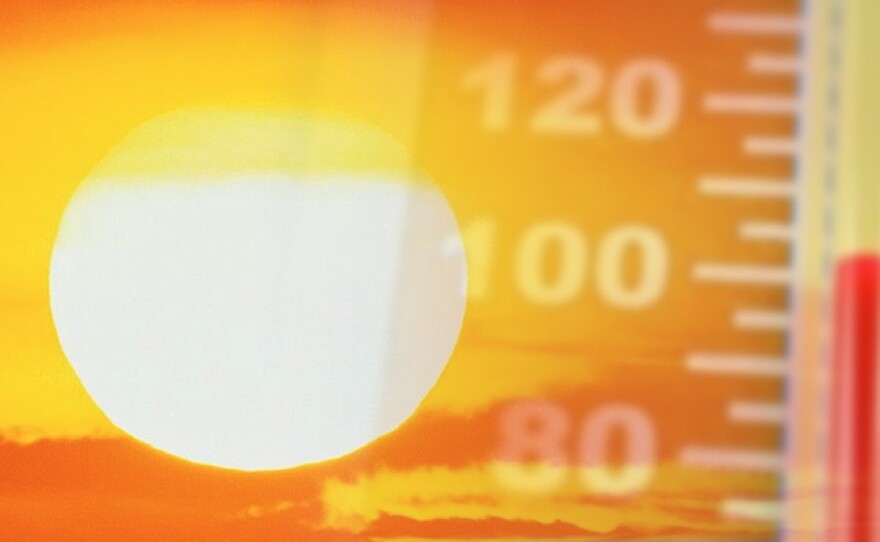Humidity, high temperatures, and lots of sunshine- those are the ingredients for a dangerous day in the First State.
“That high temperature and high humidity combined makes it difficult for people to cool themselves. It makes it difficult for the body to regulate its own temperature,” explained Delaware EMS Medical Director Dr. Robert Rosenbaum. “So if you're out in it for a prolonged period of time, you're losing a lot of fluid from sweating, you're not able to cool off because there's so much humidity, and your body can't cool back down. And if you're continuously exposed to those high temperatures, then your body temperature can rise.”
The first warning signs of overheating are sweating, skin flushing, and feeling warm. This is when you need to take action.
Get out of the sun, go to a more ventilated and cooler area, and drink plenty of non-alcoholic and non-caffeinated fluids.
But if you ignore the signs…
“The next step you may start to feel is a little bit of lightheadedness, maybe even a little bit of nausea, and you may be kind of queasy when you're walking around. Those are more significant, and that's probably your cue to show you are moving past the point of just being a bit overheated, and now may be moving even toward heat exhaustion.”
Heat exhaustion is when things become more dangerous. Continuing to ignore warning signs can cause heat exhaustion to progress to heat stroke, which can lead to confusion, loss of consciousness, and rapid breathing. Heat stroke requires immediate medical attention.
While temperatures have been on the rise, Rosenbaum says the number of heat-related incidents as of late have not been a cause for alarm. Still, he warns Delawareans to remain vigilant.
If you do not have access to a cool place, cooling centers and activities can be found statewide.
Most of Delaware’s public libraries, including all located in New Castle County, act as designated cooling centers.
The City of Wilmington also provides residents access to public swimming pools and spray parks.
And Delaware 2-1-1 can connect Delawareans to statewide resources, including nearby cooling centers and where to access clean water.



